State-of-the-Art Continuing Medical Education Event in Intensive Care Medicine
Master the skills you need to practice modern intensive care medicine
All course content is in English. This product is shared via a Google Drive download link, so please provide your correct Gmail address when ordering. Please note that this course does not include CME points or certificate.
Keeping up with the rapid changes in evidence-based intensive care medicine is difficult for specialized intensivists; for non-intensivists, the challenge of staying current can be overwhelming. This state-of-the-art EMC (Continuing Medical Education) course aims to provide basic clinical skills in critical care to healthcare providers who are not trained as intensivists but whose clinical roles involve caring for critically ill patients. The Focus Of This Program Will Be To Highlight Recent Important Evidence-Based Advances In The Practice Of Modern Intensive Care Medicine And Leave The Audience With Tangible Strategies To Immediately Improve Their Practices. New this year is an additional optional cardiology workshop designed for those caring for critically ill cardiac patients.
A practical and comprehensive update for busy clinicians
This program offers comprehensive updates to improve the evaluation, diagnosis and treatment of critically ill patients. Highlights include:
-
Principles of mechanical ventilation, including ventilator troubleshooting and ventilator release.
-
Best practices in the use of noninvasive ventilation and high-flow nasal cannula.
-
Identification of which patients need ECMO VV (veno-venous).
-
Tangible strategies to manage sedation and minimize harm.
-
Management of submassive and massive PE (Pulmonary Embolism).
-
Reversal of anticoagulants.
-
Best practices for managing agitation in the ICU (Intensive Care Unit).
-
Updates in oncological, toxicological and infectious disease emergencies.
-
Evidence-based treatment of sepsis.
-
Physiology of shock and best practices for the use of IV (intravenous) and oral vasopressors.
Our mission is to provide the most up-to-date practical recommendations on a wide range of clinical problems encountered in the care of critically ill patients through an interactive, highly accessible and educationally sound platform.
Practice-transforming education by harvard medical school professors.
Our outstanding faculty, world-renowned for their clinical, research and teaching achievements, use diverse and engaging teaching methodologies that include didactic sessions, interactive case-based discussions, question and answer sessions and equipment demonstrations. These sessions will test your clinical reasoning and provide you with strategies to synthesize your knowledge and apply key concepts to your acute care practice. Our faculty comes from diverse backgrounds and includes physicians, respiratory therapists, pharmacists and speech therapists to ensure the most up-to-date and practical content is provided.
OBJECTIVES
At the end of this course, you will be able to:
-
Review the basic principles of mechanical ventilation and describe the indications for noninvasive and invasive ventilation.
-
Describe evidence-based approaches to the diagnosis and management of common infections in the ICU.
-
Categorize the different types of shock, describe the pathophysiologic mechanism behind each and formulate appropriate treatment strategies.
-
Identify evidence-based management of hypoxic failure, including use of high-flow nasal cannula, pulmonary protective ventilation, PEEP optimization, pronation, and ECMO.
-
Describe the importance of POCUS (Point-of-Care Ultrasound) in the diagnosis of shock and volemic status.
-
Recognize post-acute care syndrome and describe best practices for its management.
-
Identify contemporary approaches to sedation in the ICU.
-
Recognize and manage common toxicological emergencies.
-
Evaluate cardiac emergencies such as heart failure and unstable arrhythmias.
-
Describe treatment options for massive and submassive pulmonary embolisms.
-
Diagnose and treat commonly encountered electrolyte disturbances.
-
Describe best practices for end-of-life care in the ICU.
TO WHOM IT IS ADDRESSED
-
-
Emergency Physicians
-
Hospitalists and Nocturnists in community hospitals
-
Family Physicians
-
Intensivists
-
Cardiologists
-
OB/GYNs
-
Surgeons
-
Anesthesiologists
-
Medical Assistants
-
Nurse Practitioners
-
Nurses
-
Pharmacists
-
Healthcare professionals commonly involved in the care of critically ill patients in intensive care settings.
-
Agenda
DAY 1: September 17
-
Welcome from the Course Directors
-
Ventilation 101: A Review for Beginners
-
Overview of Shock and Vasopressors: A Case-Based Approach
-
Hot Clinical Question: Does My Patient Need a Cranial CT Scan?
-
Hot Clinical Question: Too Cold or Not? Targeted Post Cardiac Arrest Temperature Management
-
Hot Clinical Question: When Do I Need to Cover Anaerobes?
-
Fast Activity, Slow Pace: Management of Common Arrhythmias
-
Updates in the Management of Massive and Submassive Pulmonary Embolism (PE): What's new in 2024
-
Red Alert: Practical Tips for Managing the Hemorrhagic Shock Patient
-
Infectious Disease Emergencies You Can't Ignore
-
Hemato-Oncologic Emergencies for the General Intensivist
-
Quick Point: Anatomy and Physiology of the Thoracic Drainage System
-
Quick Point: Deciphering Oxygen Delivery Devices
-
Quick Point: Oral Vasopressors in 2024
-
Quick Point: What Every Intensivist Should Know About Massive Transfusion
-
Critical Care Case Review I
-
It's 3 AM and your pager goes off: Challenging Cases in Critical Care
DAY 2: September 18
-
Ventilation 102: Taking your Knowledge from the Plateau to the Peak
-
Diagnosis and Management of Respiratory Failure
-
Hot Clinical Question: Steroids for COVID, Steroids for Influenza What Should I Do?
-
Hot Clinical Question: How Can I Communicate with My Intubated Patient?
-
Beyond Sedation: Multimodal Management of Pain, Agitation and Delirium
-
Pneumothorax Management for the General Intensivist
-
What Every Intensivist Should Know - Part 1: Acid-Base Disorders in the ICU
-
What Every Intensivist Should Know - Part 2: Electrolyte disturbances
-
Quick Point: The Anatomy of an Echocardiogram Report - What Every Intensivist Should Know
-
Quick Point: Tips for Reversal of Anticoagulants
-
Critical Care Case Review II
-
Altered Mental Status in the ICU: A Case-Based Approach
-
Hot Clinical Question: Is My Patient Seizing?
-
Hot Clinical Question: How do I Assess Delirium?
-
Heart Failure in the ICU: Tips and Tricks for Diagnosis and Management
-
Survival Stories: Post Intensive Care Syndrome Mitigation by 2024
-
Practical Tips for Incorporating Palliative Care in the ICU
DAY 3: September 19
-
Non Invasive Ventilation in the ICU: Practical Pearls
-
Practical Tips for Extubating Difficult-to-wean Patients from the Ventilator
-
Hot Clinical Question: When should I start TPN (Total Parenteral Nutrition)?
-
Hot Clinical Question: Does My Patient Have Abdominal Compartment Syndrome?
-
Best Practices for Managing Asthma and Acute COPD in the ICU
-
Diagnosis and Management of Septic Shock
-
Tracheostomy Tips: What Every Intensivist Should Know
-
Quick Point: Management of Opioid Withdrawal Syndrome in the ICU
-
Quick Point: Spontaneous Breathing Tests in 2024
-
Quick Point: When Do I Refer My Patient for ECMO VV (Venous-Venous)?
-
Review of Critical Care Cases III
-
Toxicology Cases in 2024: What the Intensivist MUST Know
-
Hot Clinical Question: When Should I Stop Propofol for High Triglycerides?
-
Agitation and Aggression in the Critically Ill Patient: A Psychiatrist's Perspective
-
Practical Tips for Assessing the Patient's Bedside Volume Response
-
Humanizing the ICU: How to Provide Holistic Care for All
-
Hot Clinical Question: What is a Time-Limited Trial?
-
Hot Clinical Question: Can My Patient Voluntarily Discharge (AMA) from the ICU?
-
Critical Thinking in Critical Care: Thinking Strategies for Minimizing Cognitive Errors in the ICU
-
Final Comments on the Main Course
CARDIOLOGY WORKSHOP: September 20th
-
Introduction and Welcome to the Cardiology Workshop
-
Anatomy and Physiology of Pacemakers and ICDs (Implantable Automatic Defibrillators)
-
Management of Ventricular Tachycardia in the ICU
-
Diagnosis and Management of Cardiogenic Shock in 2024
-
Hot Clinical Question: Is My Patient Having a STEMI (Acute Myocardial Infarction with ST Elevation)? ECG Review
-
Critical Echocardiographic Findings in the Critically Ill Patient.
-
Practical Management of Right Heart Failure in the ICU
-
The ABC of MCS (Mechanical Circulatory Support): What Every Intensivist Should Know
-
Quick Point: NSTEMI (Acute Myocardial Infarction without ST Elevation) in the ICU What do I do?
-
Critical Cases in Cardiology: Bringing it all home
-
Final Comments on the Cardiology Workshop
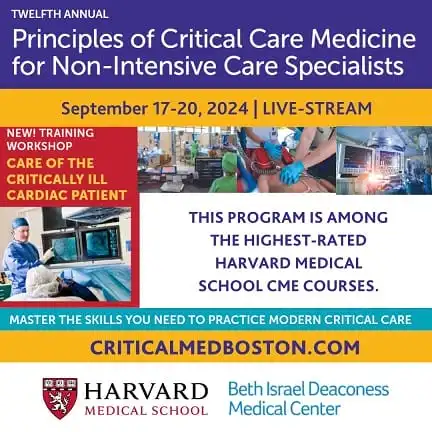
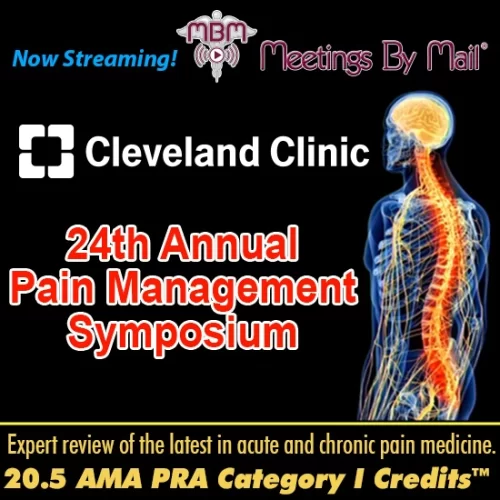
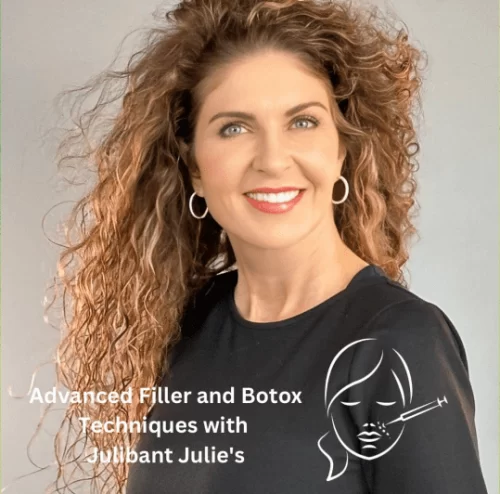
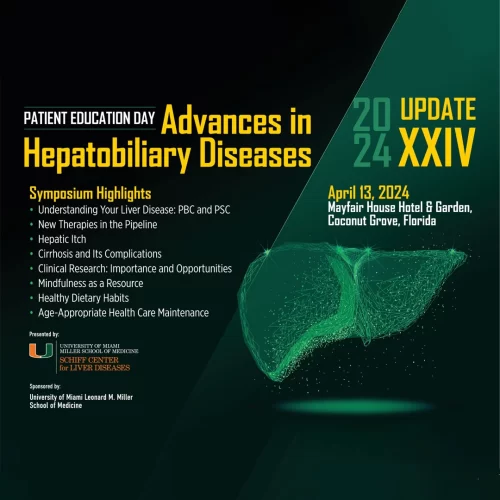
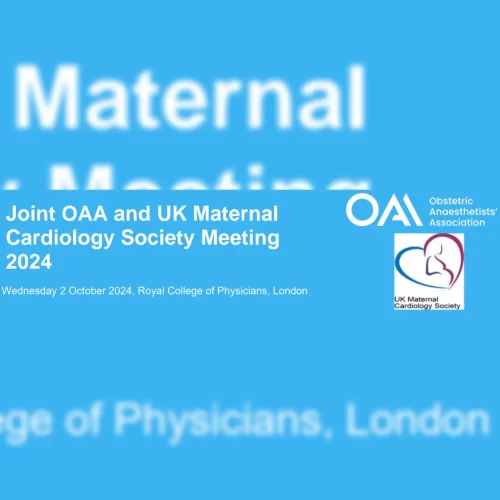
Reviews
There are no reviews yet.